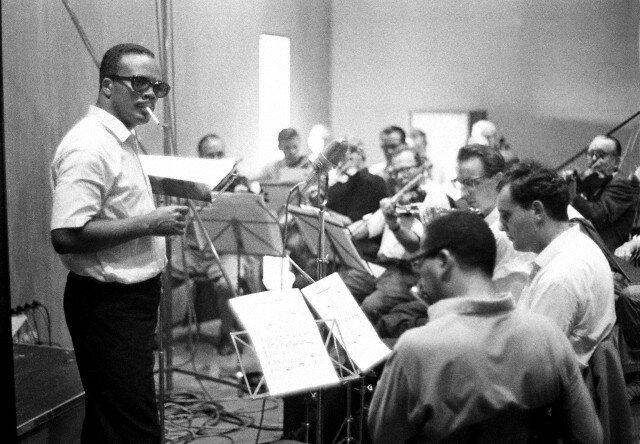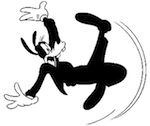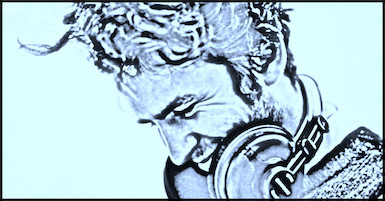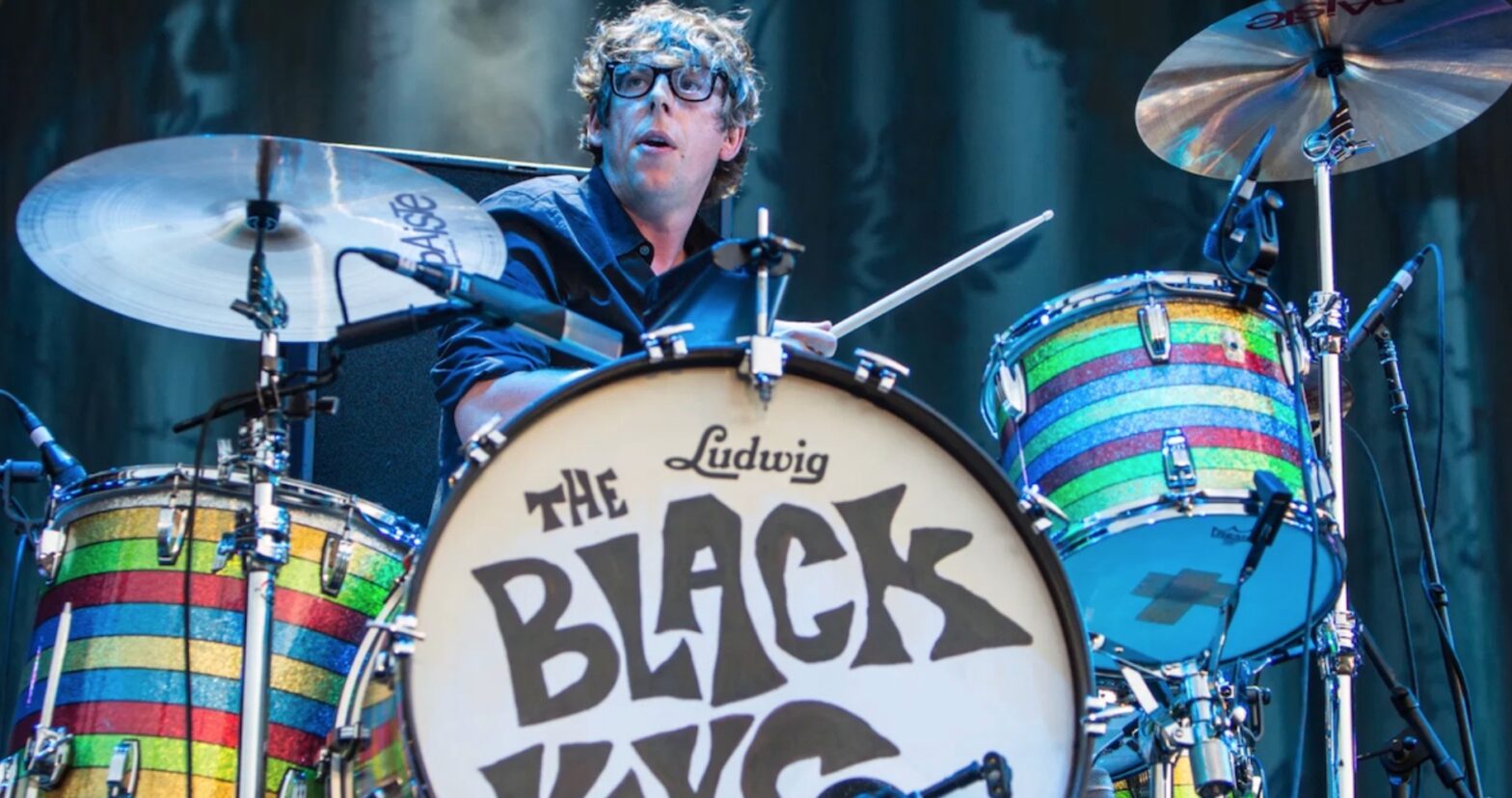Unlike radio hits that burst on the scene then fade away, holiday songs have a long, long lifespan. Every major artist records at least one album of holiday songs. Plus there’s an avalanche of holiday movies and TV shows that need these songs, too. Sure they include the classics that everyone knows and loves, but they need to sprinkle in a few potential new holiday hits, too.
Category: MUSIC BUSINESS
Whether you want to get your songs covered by other artists, sing them yourself, or get placements in film & TV, make sure your songs fit the needs of today’s music industry.
Where to Find New Songs & Artists to Listen To
Q: I want to learn more about what kind of music is current. Where do you find new music and artists to listen to? Also I want to pitch my songs to film & TV. Where can I hear artists that are being used in that market?
A: If you’ve been getting my monthly emails, you know that I’m big on listening. I recommend that songwriters spend as much time listening as they spend writing. That means listening to successful songs, current songs, songs that inspire you as often as you can.
But there’s a huge amount of music out there—more every week, every day— so much that it can seem overwhelming. So, how do you find new music and artists to listen to? How do you know where to look and how to focus on what will be helpful to you as a songwriter? Here’s my guide to finding new music that will deliver plenty of inspiration, knowledge, and ideas for your own songs.
Cover Songs Are a Big Deal
I’ve been hearing a lot of great cover songs in TV series and commercials lately. Last week, The Handmaid’s Tale featured a spooky, electro cover of Fleetwood Mac’s “The Chain” by Kerala Dust. VRBO is re-airing a commercial with John Legend covering the Johnny Nash hit “I Can See Clearly Now.” An INXS cover version of “Never Tear Us Apart”—a hit for both Tom Jones and Joe Cocker—is currently being used in a long-form commercial for Michael Hill Jewelry. And recently NCIS: Hawai’i used Kina Grannis’ great guitar/vocal cover of “Shut Up and Dance” originally by Walk the Moon.
Cover songs are giving old favorites a new life and new, indie artists added traction!
Be Your Own Music Arranger
The phrase “music arranger” isn’t one you hear very often in today’s Pop music industry, but arrangers used to be an indispensable part of the music scene. In the ’50s, ’60s, and ’70s, record producers hired well known, in-demand arrangers to create arrangements for their recording sessions.
If you didn’t have the money for a Nelson Riddle, Jimmie Haskell, or Quincy Jones, the musicians would make “head arrangements” on the spot in the studio. The arranger might be used just for a horn or string session.

But things have changed dramatically since then. Today’s music producers often build an entire track from the ground up—from sounds, samples, loops, and overdubs through the final vocal recording. That means that the music producer is also the music arranger.
A Shaky Start to a Successful Career

I recently discovered an inspiring, fun, informative website called OpeningLines.org. This blog by Seth Fiegerman takes a look at the very first steps in the careers of the famous and successful.
There are names we all know—actors, musicians, scientists, educators, community leaders, and writers we admire. We don’t think of them losing their first talent contest or being told they have no aptitude for the field in which they later dazzle us all. But that—or some form of it—is what happens to many. So here are a few stories that might help you along when you start to doubt your songwriting career.




